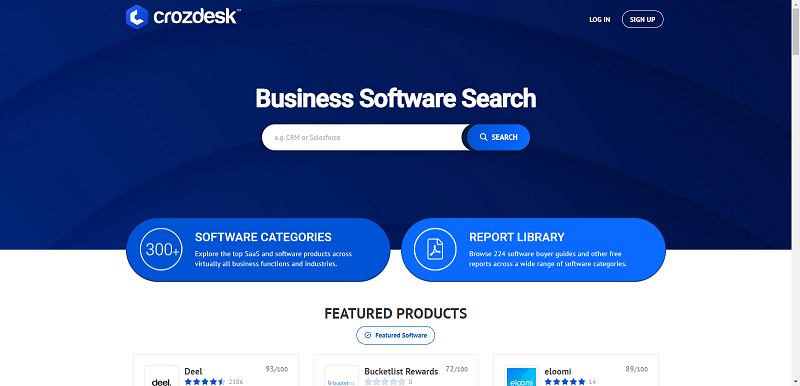The term “engagement literacy” is not commonly-used at this moment, but it is a concept that bears greater attention in an age where personal data is king. Citizens and consumers now provide two currencies to the retailers and companies around them. The first is actual money, transferred either electronically or by hand, but the second, which has much greater value, is that of data. Data has far greater ability to shape the future of a vendor’s business, since it compounds quickly when added to, or compared with other data.
Consumers are generally not aware of the power of this data. Tracking technologies and data gathering techniques used by websites, many of which have been around for years, are largely ignored, as is password management. So let’s look at these two in the context of citizen engagement literacy.
Many of the hacks and cyber-attacks that happen daily can be traced to human nature, including inadequate password strength, phishing scams, or simply being too trusting. People also resist having to memorize or carry numerous passwords, especially when they are long strings of unintelligible characters. Entire papers are dedicated to this topic, but for the purposes of this article, the point is this: there are many sophisticated and often free password management applications available that can take care of the creation and maintenance of strong passwords. It is up to the citizens themselves to learn how to use these, with the same degree of comfort and habit as they would with their home alarm system. That comprises part of “literacy” in the digital age.
In a related fashion, customers must become more aware of the data they share and the power they have over this data. Very soon, more and more retail stores will start to take advantage of smartphone-based apps to identify shoppers and enhance the in-store experience by making offers based on past browsing and purchasing activities. Sales associates may even greet shoppers by name. Some people feel this is too much, even invasive, but the point is, the individual consumer can and should exercise control over which data is made available and to whom. Apps and online profiles have privacy settings, but too often these appear complex and intimidating to the average user.
Engagement literacy is a requirement for functioning in the wireless world. As a comparison, in the physical world, most people can read and drive a car. These abilities require training and practice to master, but most people find they are able to do both (and sadly, with texting, they feel they can do both simultaneously).
Engagement literacy is something that should be taught, and more importantly, is something that citizens must recognize as essential to maintaining personal control while enjoying the growing benefits of a highly tailored retail and service environment.
When the day comes that the smartphone entirely replaces the wallet, for payment, ID, medical information, and loyalty programs, there should be no fear. Managing and protecting the data that this smart phone can hold, including mitigation in the case of loss or theft of the device itself, should be effortless, comfortable and well-practiced. That is what engagement literacy is: privacy, protection and control of data – all in the palm of your hand.
For more on this topic, please visit businessvalueexchange.com, sponsored by HP Enterprise Services.
By Steve Prentice





